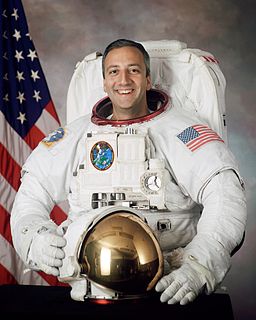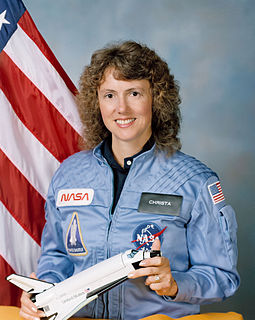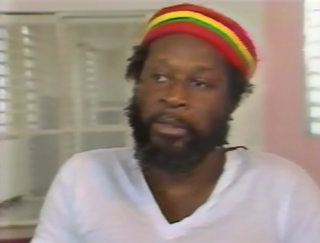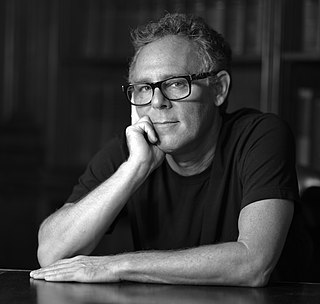A Quote by David M. Brown
Although as a boy I had dreamed about going into space, I had completely forgotten about that until one day I received a call from an astronaut, who suggested that I should join the program.
Related Quotes
I had always been interested in the space program, and I didn't know if I could be an astronaut like I'd dreamt about when I was a little kid - to me it sounded kind of silly, someone grow up to be an astronaut - but, when I was in my 20s, I thought maybe I can get a job with NASA or a contractor, do something with the space program.
What kind of motivated me to join the Black Panther Party was that I, along with some of the comrades that I was working with in New York, had heard about the Black Panther Party, and they were doing things that we wanted to do in New York, and we thought that would be a better vehicle than the vehicle that we had going on in New York. They were better organized, and they already had their Ten-Point Platform and Program, and people already heard about them. So we decided that we would join the party, when given a chance.
Even though I knew I was inside the space shuttle getting ready to go fly, something about it wasn't completely real up until we got the call at about one minute to go, to close and lock our visors and start our oxygen flow. People often ask me, "What did it feel like right at the moment of launch?" And they're surprised when I tell them actually what I felt was relief. It wasn't like being anxious or scared or anything. It was relief because this is something I had wanted to do my whole life and now that the boosters had lit, we were on our way to go do it and nothing was going to stop us.
I couldn't get my first film on the air. The first film I did was called 'The Race For Space,' about the U.S.-Soviet space race. The networks had a policy that I found out about the hard way. I even had a sponsor for my program, but the networks wouldn't put it on because it was independently produced.
Asteroids have us in our sight. The dinosaurs didn't have a space program, so they're not here to talk about this problem. We are, and we have the power to do something about it. I don't want to be the embarrassment of the galaxy, to have had the power to deflect an asteroid, and then not, and end up going extinct.
One day I was complaining to Bill Coltrin about what I thought was an unfair article about our team. I was going to call the writer and complain to him. Bill told me, "If you plan to stay in this business (coaching), you need to realize a couple of things about the press. One, whatever is written, it will probably be forgotten in two or three days by the public; and two, if you complain or make an enemy of the writer, just remember you may have your 'day in the sun,' but he/she is going to press 365 days a year." I have never forgotten that.
By 1973, we had a space station, the Skylab, and we had multiple probes going up to planets. So, all this wonderful stuff happened in 10 to 15 years. About that time, there should have been enormous initiatives to make it affordable for people to fly in space, not just a handful of trained NASA astronauts and Russian cosmonauts.
The idea of going to the movies made Hugo remember something Father had once told him about going to the movies when he was just a boy, when the movies were new. Hugo's father had stepped into a dark room, and on a white screen he had seen a rocket fly right into the eye of the man in the moon. Father said he had never experienced anything like it. It had been like seeing his dreams in the middle of the day.































